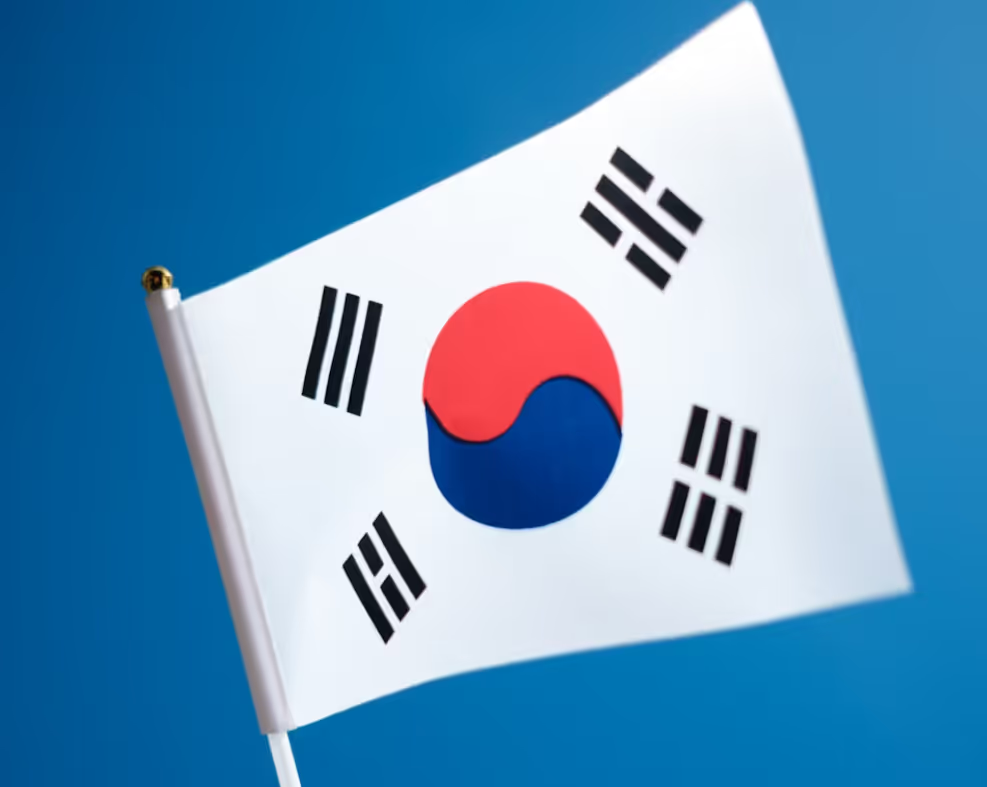Stay informed with our newsletter.
.webp)

.webp)

South Korea will welcome Chinese President Xi Jinping for his first visit since 2014, underscoring efforts to recalibrate ties between two Northeast Asian neighbors. The trip signals movement on security coordination, supply-chain resilience, trade frictions, and exchanges amid heightened U.S.–China rivalry and tensions with North Korea. Seoul seeks balanced diplomacy that protects technological and economic interests, while Beijing aims to stabilize relations, expand market access, and pursue further pragmatic cooperation after a decade of drift.

On the margins of the APEC summit, discussions unfolded as Xi wrapped up his first visit to South Korea in over ten years, just a day after a conversation with Canada’s prime minister sought to mend a bruised relationship. Lee greeted Xi with pageantry, featuring guards in traditional uniforms at an elaborate opening ceremony. It was the Chinese leader’s first trip to Seoul since 2014, arriving after a stretch of friction spanning trade spats to cultural quarrels.
Lee said he had been eager to meet face-to-face and cast the visit as a fresh start for bilateral ties. He argued that as the two economies shift from a top-down model to a more balanced, win-win partnership, they should collaborate to secure shared prosperity, especially given China’s outsized role as South Korea’s biggest trading partner.
Xi responded by calling the two nations inseparable neighbors and indispensable partners. He added that Beijing and Seoul should honor each other’s social systems and development choices, and settle disputes through calm, friendly dialogue, according to Chinese state television.
Lee also pointed to China’s potential role in helping Seoul reopen channels with North Korea, with which the South remains technically at war. Emphasizing regional “stability,” he referenced recent high-level China–North Korea interactions, widely seen to include Kim Jong Un’s appearance at a major military parade in Beijing. Such contacts, Lee suggested, are creating room to reengage Pyongyang. He expressed hope that Seoul and Beijing would deepen strategic communication and work jointly to restart talks with the North.
Pyongyang, ahead of the meeting, had dismissed denuclearization hopes as fantasy, insisting repetition would not make it reality. South Korea’s national security adviser Wi Sung-lac said Xi reiterated China’s commitment to support peace and stability on the peninsula and to help address outstanding issues. During the visit, Seoul announced a renewal of the 70 trillion won (about $49 billion) currency swap with China for another five years, aiming to steady both countries’ financial and FX markets. The two sides also signed multiple MOUs, including a cooperative plan to combat voice phishing and online fraud, according to Seoul.
Earlier, Lee handed the APEC hosting role to Xi, who will stage next year’s forum in Shenzhen. With the U.S. president not in attendance, Xi used APEC as a platform to reconnect with governments where relations have cooled. He held talks with Canadian Prime Minister Mark Carney on Friday, their first formal leader-level meeting since 2017. Xi told the Canadian leader he wanted to put ties back on a constructive path and invited him to visit China.
Carney called the exchange a “turning point” in the Canada–China relationship. Ottawa’s relationship with Beijing has been among the most strained in the Western bloc. Still, the two could align on trade concerns, both feeling the sting of U.S. tariff moves, even after Xi and Washington agreed Thursday to ease tensions. On Saturday, Carney said he apologized to the U.S. president over an anti-tariff ad invoking Ronald Reagan that enraged Washington, prompting canceled talks and an extra 10% tariff on Canada. He added that negotiations would resume when the United States is prepared.
Carney also accepted Xi’s invitation to visit China “in the new year.” Xi met separately with Japan’s new prime minister, Sanae Takaichi, often labeled a China hawk. She told Xi she is seeking a relationship that is both strategic and mutually beneficial.
For questions or comments write to contactus@bostonbrandmedia.com
